Klima Biennale Wien
2024
05.04. – 14.07.

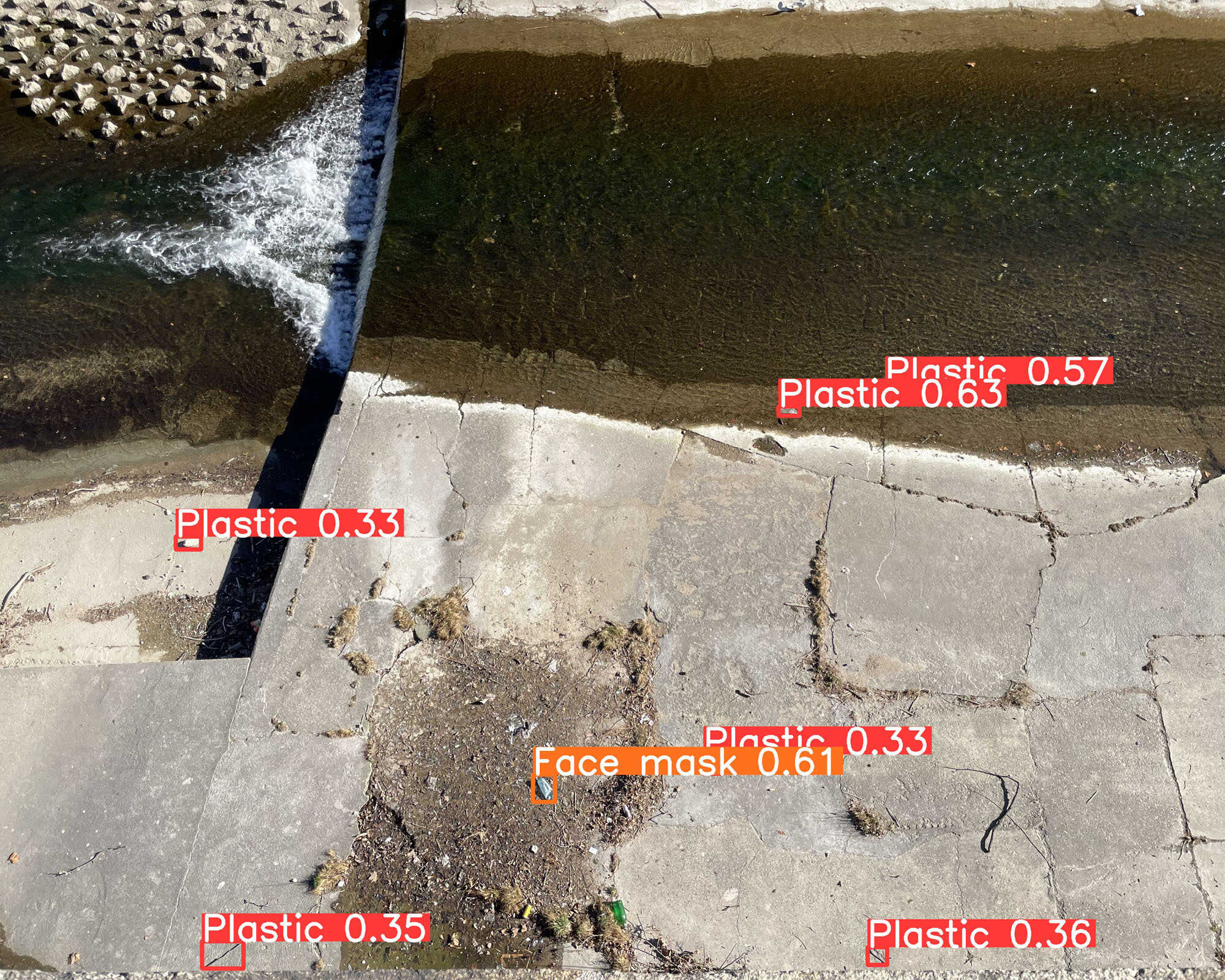
© Photo: Ausstellungsposter 3 (c) Oliver Alunovic
With its ‘Immediate Matters’ area of activity, the Klima Biennale Wien is turning towards radical local knowledge and the viewpoints and courses of action associated with it. Strategies from the Alpine region to the Pannonian plain, grassroots activism and community projects will open up opportunities for action that systematically address the future issues raised by the climate crisis. A network of activities, exhibitions, performances, participatory art projects, living labs and forums of encounter will stretch from the Biennale site at Nordwestbahnhof across the city’s entire urban space and offer creative,utopian, but also practical solutions. The Klima Biennale Wien is well aware of the importance and creative potential of the local art scene.
That is why it called upon art initiatives, free spaces, producer galleries, artist-run and independent spaces, small art associations and other non-commercial art spaces from Vienna to submit innovative and audacious exhibition projects that tackle head-on the global challenges of the climate crisis from a local perspective.
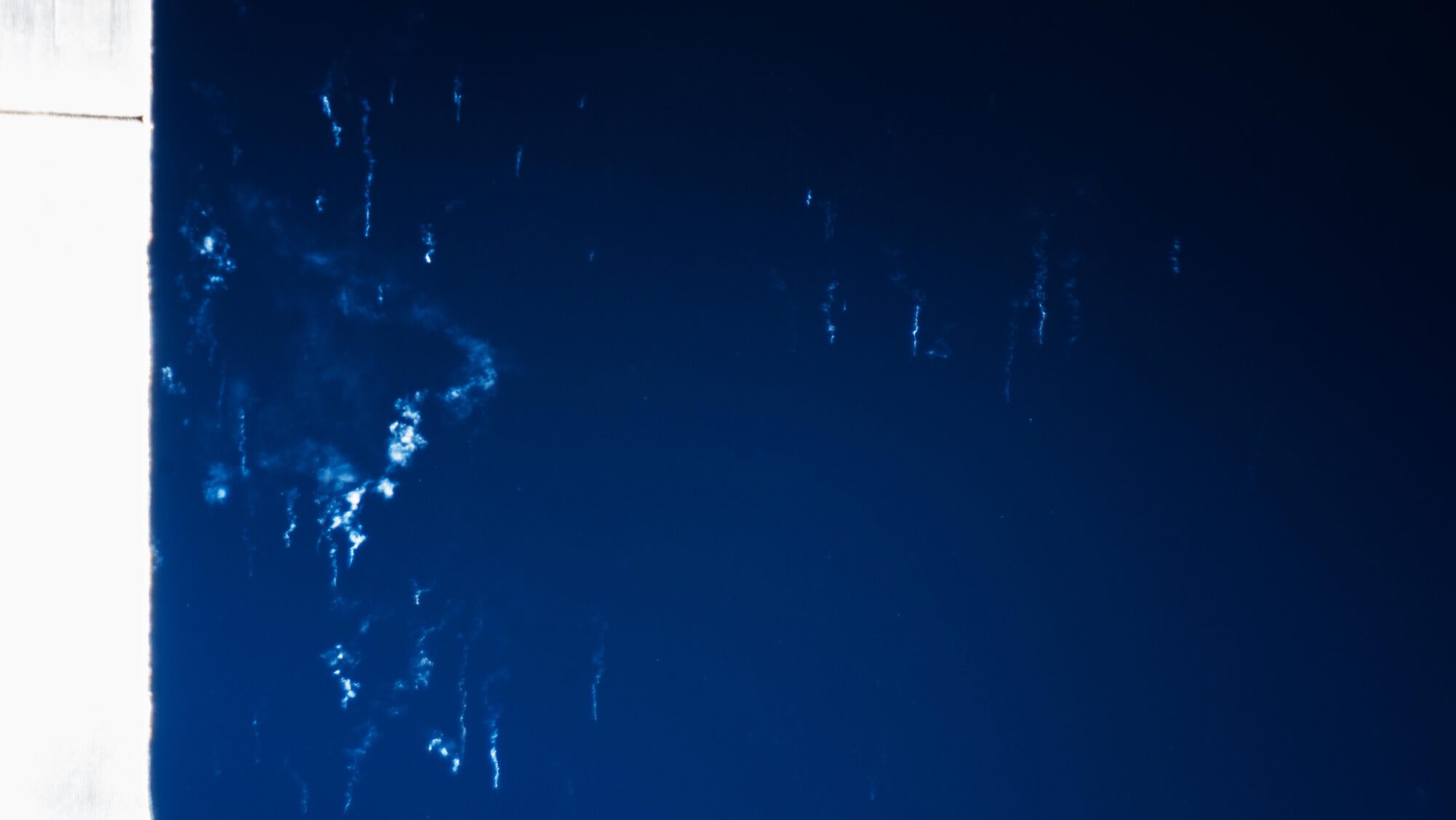
Avian Mortality (c) Kathrin Stumreich
Sunlight is reflected
by 150,000 motorised mirrors at Ivanpah, a concentrated solar power
plant in the Mojave Desert. The spectrum of light attracts insects
that scorch in the blazing heat, with temperatures in this region
reaching up to 1,000 degrees Fahrenheit. Kathrin Stumreich examines
this phenomenon by collecting ten terabytes of photo and video
footage on site, observing the thermals, the blue skies and the
animals’ struggles. Her multimedia installation highlights the
contradiction between natural habitats and renewable energy
architecture.
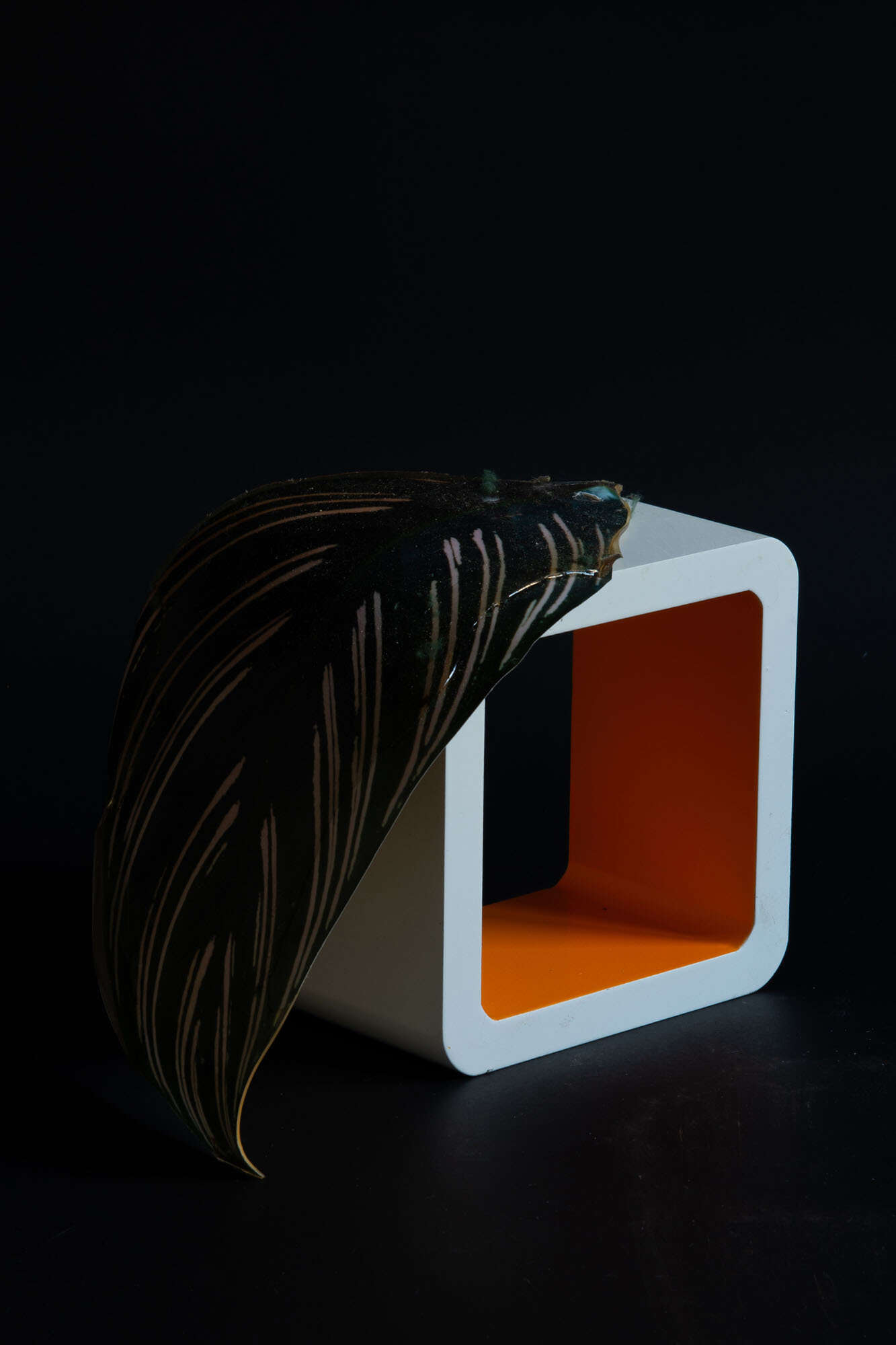
Growing in the Dark (c) Käthe Hager von Strobele
Local houseplants are mostly imported from the eponymous tropical areas and decorate our living spaces. As silent witnesses of colonization, they are continuously multiplied and only manage to thrive because of the particularly warm temperatures inside. After careful observation, the absurdity of the term “houseplant” becomes apparent. No plant is made for a life indoors. Numerous exotic species, when treated with good care, can survive many years, as they nearly grow in the dark. What can we learn from our green housemates? How do they adapt to these inhospitable living conditions? What kind of coping mechanisms will humans require in a world that soon will be one, two or three degree Celsius hotter? Those and other questions, Käthe Hager von Strobele
explores in Growing in the Dark.
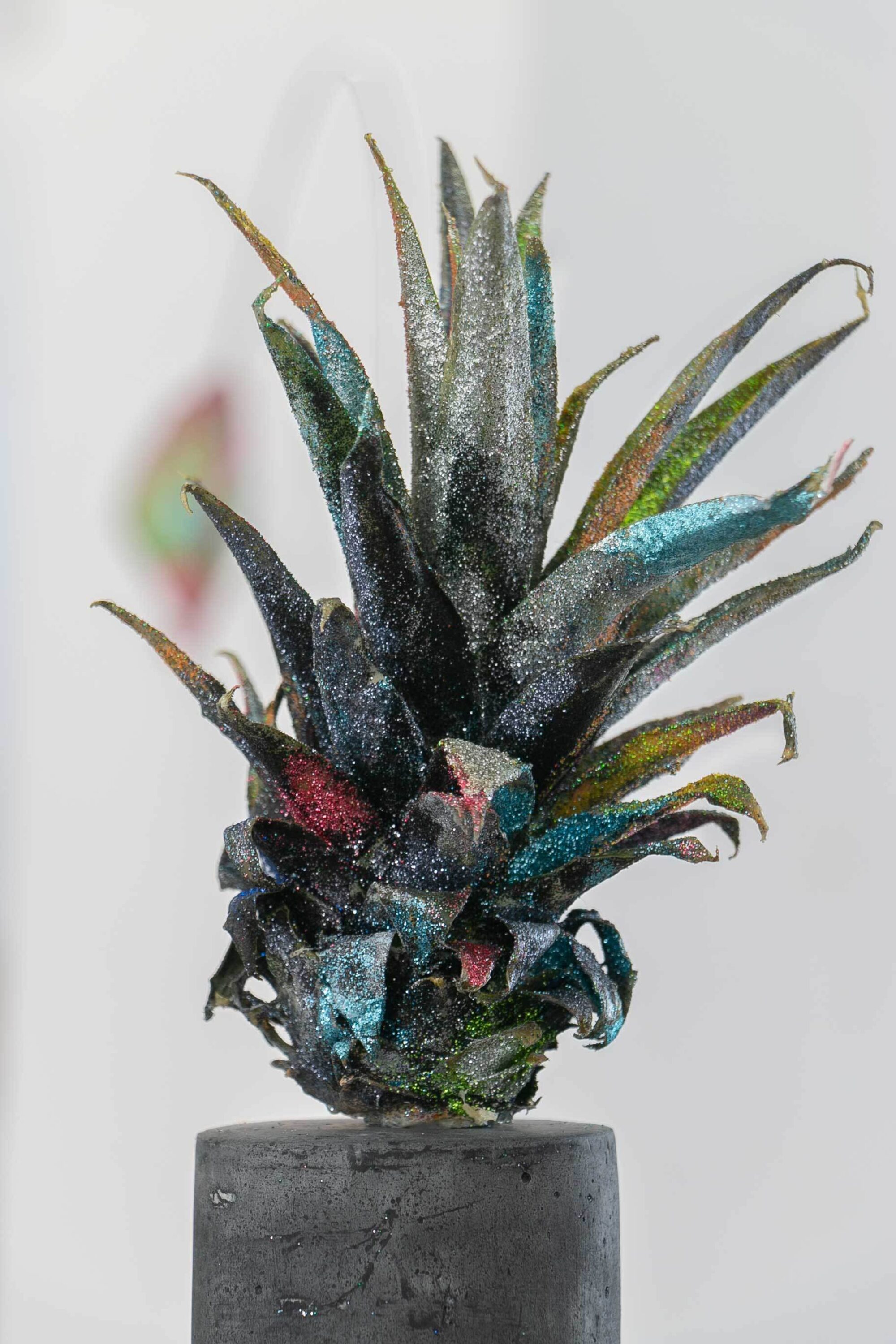
Werkfoto 2 (c) Johanna Binder
In their project, Johanna Binder, Karin Maria Pfeifer and Sula Zimmerberger investigate invasive processes in flora and fauna as a fundamental metaphor for hegemonic power structures and repressive practices across cultures. They reach back into history to understand how colonialism and (forced) migration have impacted nature and apply this knowledge to the present.
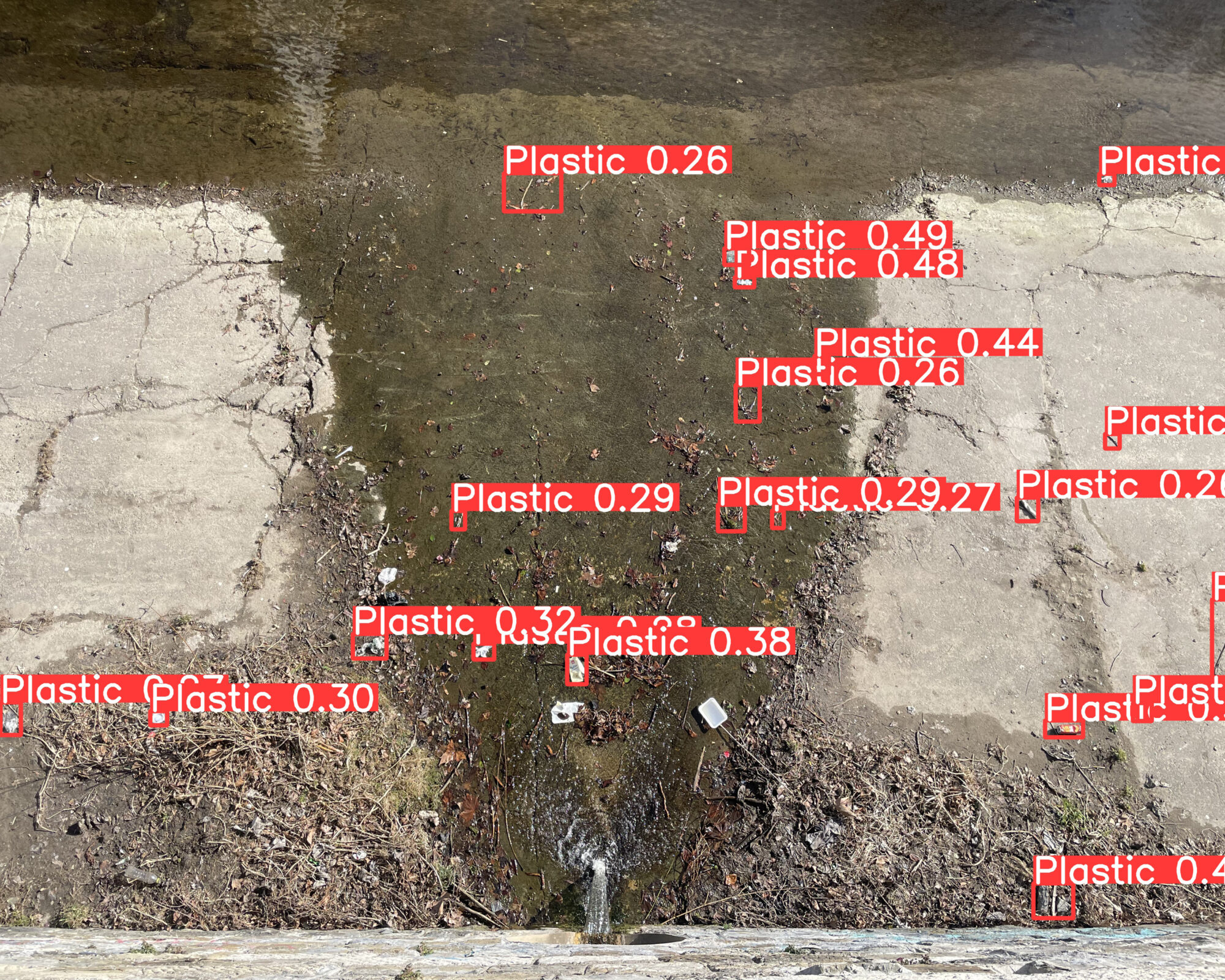
Ausstellungsposter 2 (c) Oliver Alunovic
Tracking Waste in Urban Ecosystems uses artificial intelligence to collect data on pollutants in the Wien River at Oskar-Kokoschka Square. Advanced image recognition and deep learning technologies help identify waste in the water within a long-term study of aquatic ecosystems. The project is part of an ongoing investigation into urban habitats and the methods used to analyse and map them.
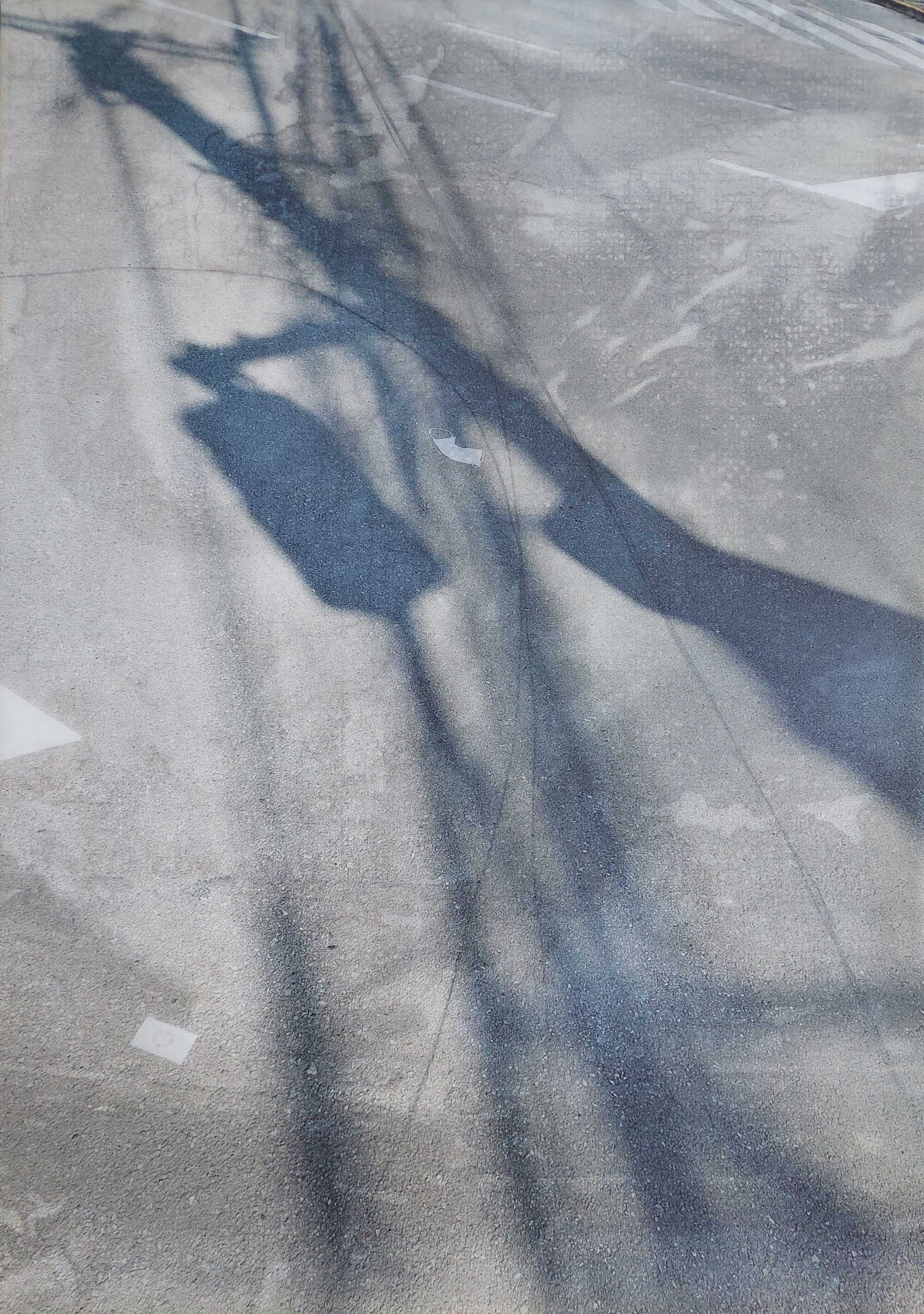
Electric Shadows 2023 1 (c) Hana Usui
In her Electric Shadows series, Hana Usui explores the shadowy side of nuclear energy and the reinterpretation it is currently undergoing. Although there are no operational nuclear power plants in Austria, some of the earliest ones are located in Vienna’s immediate vicinity. In her immersive installation based on the Zwentendorf plant, Usui focuses on the catastrophic consequences of a nuclear accident. Using various materials, she visually balances bipolar feelings of devastation and playfulness.
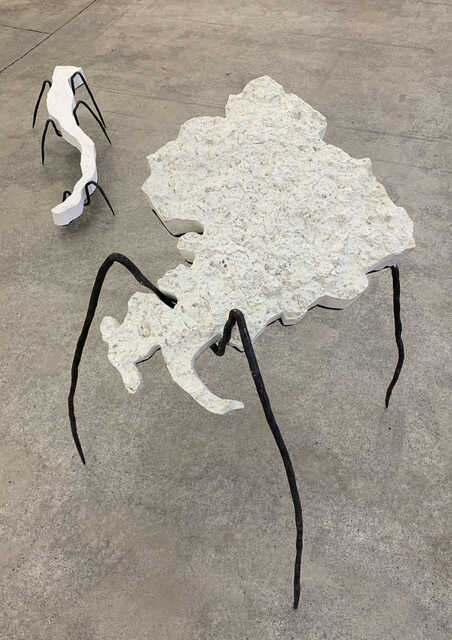
The Archive of Disappearance 2023 (c) Bildrecht Wien, 2024
Johanna Tinzl’s installation is dedicated to the disappearance of glaciers. Since 2019, the artist has archived their topographies and surfaces using casting techniques. The delicate sculptures also embody the artist's own physical experience when confronted with the seemingly impossible task of chronicling a process that cannot be stopped.